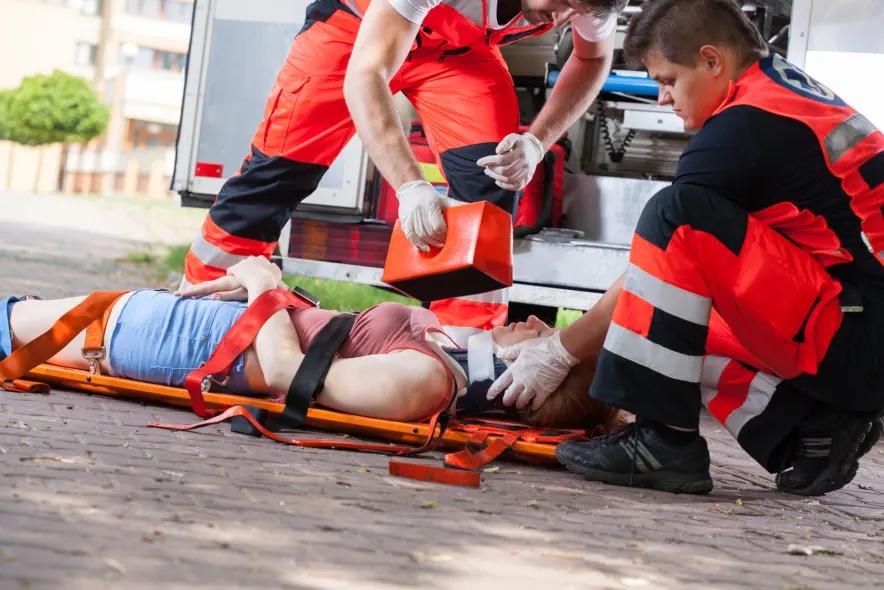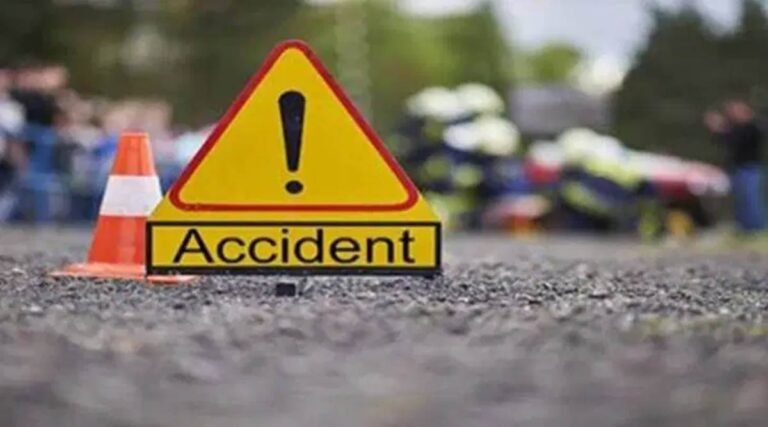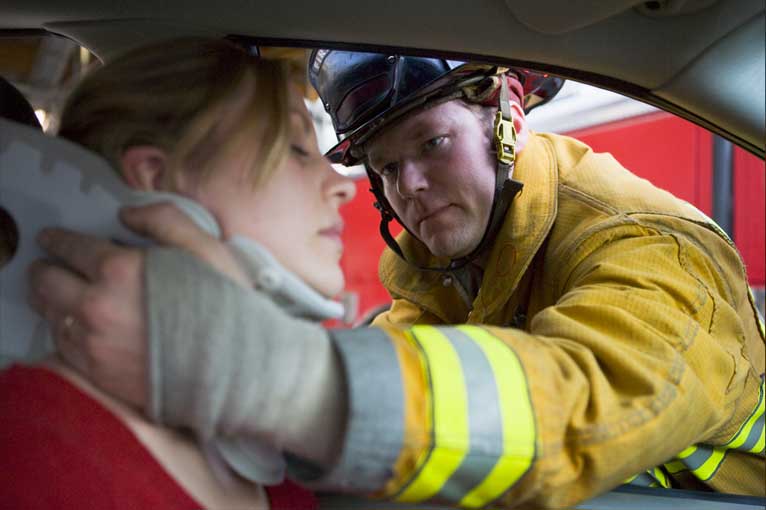The number of deaths recorded in 2021 was 4,489, a 15.22% increase from the 3,896 recorded in 2020. This is the second-most fatality traffic accident reported since TxDOT began tracking fatalities on Texas state’s roads in 1940. The all-time high was 4,701 in the year 1981. Based on reportable crashes in 2021:
- 1 person was killed every 1 hour 57 minutes
- 1 human was injured every 2 minutes and 12 seconds
- 1 crash occurrence was reported every 57 seconds
WHAT ARE THE MOST COMMON CAUSES OF ACCIDENTS?
- Distracted Driving.
- Speed is more than the allowed limit.
- Drinking and driving.
- Reckless driving.
- Natural causes like rain, fog, etc.
- Night driving.
- Overtaking.
HOW TO AVOID VEHICLE ACCIDENTS?
The following is the list of preventive measures to avoid accidents and save ourselves and others from getting serious injuries.
- Follow traffic rules.
- Keep a check on your speed.
- Do not overtake from the wrong side.
- Let other vehicles pass.
- Do not closely follow the vehicle ahead and maintain an appropriate distance.
- Follow safety norms. Wear seat belts and helmets.
- Drive slowly during rain or fog.
- Check the condition of your vehicle.
- Do not drink and drive.
WHAT DO YOU NEED TO DO AFTER YOU HAVE BEEN IN A CAR ACCIDENT?
- Keep calm, take a breath, and do not panic.
- Check everyone involved in the accident if they are injured, and call 911 for an emergency.
- If possible, move the vehicle to the side of the road and switch on the hazard light, call up the local police and report the accident.
- Keep the victim calm and assure them that help is coming.
- Do not move the victim unless it’s an emergency.
- Call the nearest urgent care center for help.
URGENT CARE AT SPECIALTY CARE CLINICS IN TEXAS:
- If you meet with an accident in and around Texas, for urgent care contact Specialty Care Clinics.
- Speciality Care Clinics caters to the best urgent care facilities in Texas.
- Professionals at Specialty Care Clinics are well-trained to handle road accident cases.
- The urgent care team at Specialty Care Clinics includes Doctors, Physician Assistants (PA), and Nurse Practitioners (NP).
- If you meet with an accident or see anyone suffering from an accident contact Specialty care Clinics for help, dial 469-545-9983.
WHAT ARE COMMON PHYSICAL SYMPTOMS AFTER A CAR ACCIDENT?
- Cuts, lacerations, and bruises
- Burn injuries
- Tissue damage
- Fractured bones
- Back and spine injuries
- Loss of a limb
- Death
WHAT ARE THE PSYCHOLOGICAL EFFECTS OF AN ACCIDENT?
- Humiliation
- Anxiety
- Shock
- Depression
- Fear (phobias)
- Anger
- Post-Traumatic Stress Disorder (PTSD)
- Sleep disturbances
WHAT IS THE TREATMENT FOR ROAD ACCIDENTS?
- Approach: Upon arrival at the scene of the accident, the prehospital care physician must appear before the paramedics and coordinate with senior firefighters and police officers on site. The scene of a traffic accident is always dangerous.
- Initial patient assessment: The basic order of medical priority is similar to hospital trauma care. Primary research will be conducted and all key interventions will be implemented. The focus is on looking for conditions that can cause deterioration or death during recovery such as airway obstruction, hypoxia, or tension pneumothorax. This initial patient assessment must be speedy so that extrication can go ahead.
- Coordination of physical and medical rescue: The medical team must consult with the senior fire officer after the initial evaluation. Prehospital care physicians must be familiar with the terminology and processes used in fire department extrication in order to successfully extricate trapped victims. Ideally, this knowledge is built on a combination of training. Extrication becomes difficult, irritating, and sometimes deadly for both the patient and the rescuers without this synchronization. The medical team often does an initial evaluation before dispersing. The medical team first steps back so that the extrication team may do the last extrication, then the medical team goes back again so that the extrication team can make room (remove the car roof and sides). A doctor keeps an eye on the patient’s health and administers analgesics while extricating them if required.
- Further patient assessment: The patient is evaluated once they have been extricated. Prehospital care should be addressed for every patient’s need, providing the best treatment at the ideal moment. Interventions for breathing and airway are prioritized (such as anesthesia and intubation). Without anesthesia, intubation is unlikely to be beneficial. An increasing amount of emphasis is placed on maintaining the body’s natural clotting system in order to prevent hemorrhage (by minimizing movement and pressure). Despite being common, intravenous infusion is no longer as important due to a lack of supporting data and potential risks. For prehospital health technologies to be used to their full potential, research and development are needed.
- Packaging: Patients should be “packed” for transport using hard neck braces, head blocks, limb splints, and body splints such as shell stretchers (shell stretchers) and vacuum mattresses as needed. Spinal fusion is the standard procedure worldwide, but no studies have been conducted to show whether it is beneficial or harmful.
- The appropriate hospital for definitive care: There are frequently a number of hospitals that a patient might be brought to. Time before the last intervention (often surgery) is a key factor in certain patients’ outcomes. Prehospital physicians must be aware of the specializations offered at each of the neighborhood hospitals in order to triage patients as quickly as possible to a facility that can offer urgent care, avoiding the long wait times and higher fatality rates associated with inter-hospital transfers. This is a difficult multi-factor choice that requires thorough consideration of the patient’s specialist needs, physiological state, local knowledge of the quality of hospital response, and knowledge of the travel schedules to the potential locations.
If you need urgent care due to a traffic accident, call Specialty Care Clinics at 469-545-9983 or prompt help.



